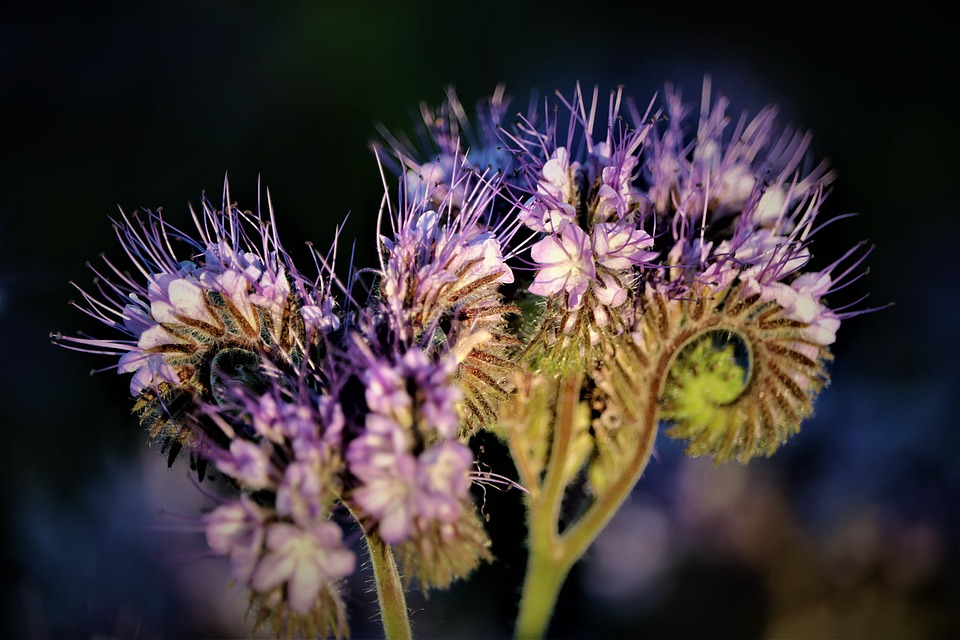Fighting Pests the Natural Way: Insights into Herbal Insect Repellents
As the world becomes increasingly concerned about the impact of synthetic chemicals on health and the environment, natural solutions for pest control are gaining popularity. One of the most compelling alternatives to chemical insect repellents is the use of herbal remedies. This article explores various herbal insect repellents, their effectiveness, and how they can be integrated into daily life to combat pests naturally.
The Need for Natural Insect Repellents
Traditional insect repellents often contain chemicals such as DEET, picaridin, and IR3535, which are effective but may come with adverse health effects, including skin irritation, allergic reactions, and potential long-term health risks. Moreover, the environmental impact of synthetic pesticides has raised concerns about their contribution to ecosystem degradation and the development of pesticide-resistant pests.
In response to these concerns, many individuals are seeking out herbal insect repellents as a safer and more sustainable option. Herbal remedies not only minimize exposure to harmful chemicals but also utilize the natural protective properties of plants.
Effective Herbal Insect Repellents
-
Lemon Eucalyptus Oil: Known for its strong insect-repelling properties, lemon eucalyptus oil has been recommended by the Centers for Disease Control and Prevention (CDC) as an effective natural alternative to DEET. Studies have shown that its active ingredient, PMD (para-menthane-3,8-diol), can provide protection against mosquitoes for several hours.
-
Lavender: Beyond its soothing fragrance, lavender oil is a potent repellent against mosquitoes and other flying insects. Its pleasant scent makes it popular for use in home remedies, such as homemade candles and sachets placed around the house.
-
Citronella: Widely known for its use in candles, citronella oil is derived from the leaves and stems of citronella grass. It effectively masks scents that attract insects and is especially effective against mosquitoes, making it a popular choice for outdoor gatherings.
-
Peppermint Oil: The strong aroma of peppermint oil is pleasant to humans but repugnant to insects. It has been shown to repel mosquitoes, ants, and even spiders. Peppermint can be used in sprays or diffused in combination with other oils.
-
Thyme Oil: Thyme contains thymol, which has been found to be effective against various pests, including mosquitoes and cockroaches. The oil can be applied topically (diluted) or used in homemade sprays.
- Rosemary: Rosemary not only enhances culinary dishes but also serves as a natural insect repellent. Its oil is effective against mosquitoes, and crushed rosemary leaves can be used in sachets around the home.
Creating Your Own Herbal Insect Repellents
Making herbal insect repellents at home is both easy and rewarding. Here’s a simple recipe for an all-natural insect repellent spray:
Ingredients:
- 10 drops of essential oil (choose from lemon eucalyptus, lavender, peppermint, or citronella)
- 2 tablespoons of witch hazel or vodka
- 2 tablespoons of distilled water
- A small spray bottle
Instructions:
- In a small bowl, mix the essential oil with the witch hazel or vodka.
- Add distilled water and stir well.
- Pour the mixture into a spray bottle.
- Shake well before each use and apply to exposed skin, avoiding sensitive areas like the eyes and mouth.
Incorporating Herbal Remedies into Daily Life
In addition to prepared sprays, other methods can help leverage herbal repellents effectively:
-
Planting Repelling Herbs: Creating a garden with pest-repelling herbs such as basil, rosemary, and lavender can deter insects naturally while beautifying outdoor spaces.
-
Sachets and Potpourri: Place dried herbs or essential oil-infused sachets around the house to repel pests passively. Lavender and dried rosemary are particularly effective when placed in closets and pantries.
- Candle Use: Burn citronella candles or essential oil-infused candles outdoors during gatherings to create a pleasant atmosphere while deterring pests.
The Bottom Line
Herbal insect repellents present a viable alternative to conventional chemical options, offering a natural way to fight pests without compromising health or environmental integrity. By utilizing the active compounds found in various plants, individuals can create effective solutions that are both safe and sustainable. As interest in natural living grows, the use of herbal remedies for pest control can contribute to a healthier home and a greener planet. By embracing these practices, we can protect ourselves and our environment, ensuring a harmonious existence with nature’s diverse ecosystems.
